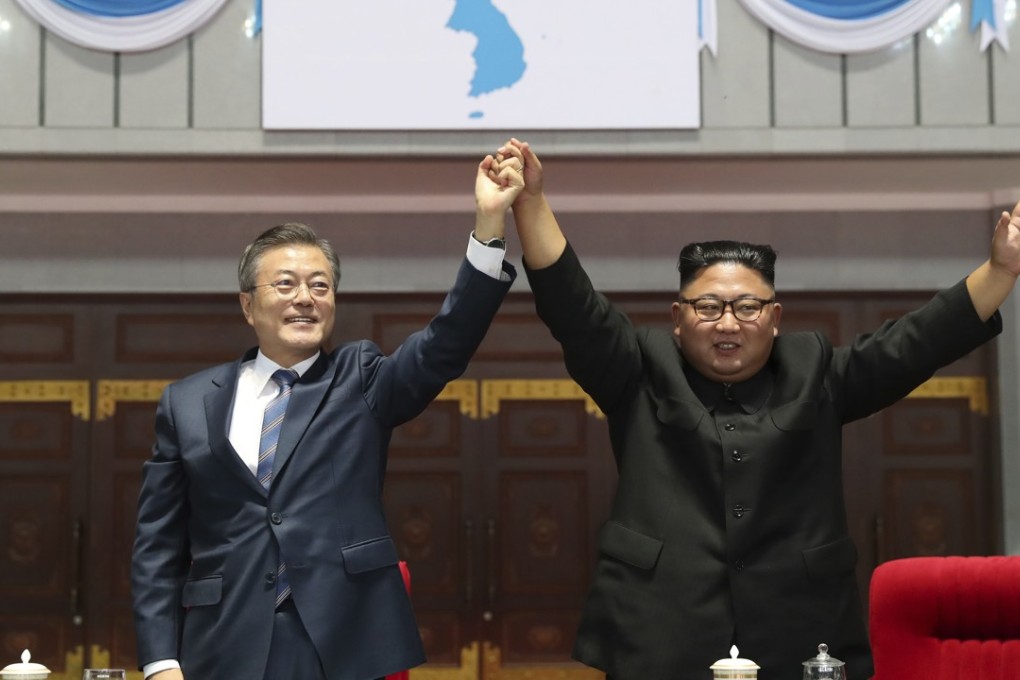Opinion | Trump should rely more on Seoul in negotiations with North Korea
- Beijing has some leverage over Pyongyang but not as much as the Trump administration seems to think

China has limited leverage with North Korea over denuclearisation. But American leader Donald Trump, eager for a second meeting with the North’s Kim Jong-un, apparently believes otherwise; he made it clear during a phone conversation with President Xi Jinping on November 1 that the topic would be discussed along with the trade war when the two meet on the sidelines of the upcoming G20 summit in Argentina. That implies Pyongyang will be a bargaining chip at the talks, an obviously flawed approach given how little sway Beijing has with its ally. China and South Korea have a role as mediators in helping ease tensions between the US and the North, but it is up to Trump and Kim to keep negotiations on track.
The Trump administration is at odds with China over the use of sanctions against North Korea. It says the United Nations Security Council-imposed measures must stay in place until the North has verifiably scrapped its nuclear and missile programmes. But Beijing and Moscow believe that Pyongyang should be given incentives and allowed to grow its economy through the easing of penalties unrelated to denuclearisation. Mixing the issue with the tariffs the United States has imposed on Chinese goods is bound to unnecessarily complicate negotiations.
US ‘must include North Korea sanctions relief in nuke talks’: ex-diplomat
Talks between the US and North Korea have not gone smoothly since Trump and Kim had their landmark meeting in Singapore in July. Although they have agreed to a second summit in the US early next year, the schedule and agenda have yet to be set. A high-level meeting to iron out details that was to have taken place on November 8 was cancelled the day before without explanation.
Further complicating matters, a report by the US think tank the Centre for Strategic and International Studies claimed that satellite images showed that North Korea had at least 13 secret facilities used to produce missiles. If true, the findings are not surprising; the North has not yet agreed to halt development of nuclear weapons or missiles, although it has staged no tests since the summit. North Korean state media also said on Thursday that Kim had successfully supervised the testing of a “hi-tech” new weapon, without elaborating. Still, Trump and his officials remain confident that Kim’s pledge for denuclearisation made in Singapore will be fulfilled.
In contrast to the stalled diplomacy, rapprochement between North and South Korea is ever-improving. Kim has met South Korean President Moon Jae-in three times since April and a fourth summit is planned. Economic links are being forged, family reunions have resumed, military border posts are being dismantled and tonnes of food exchanged as a goodwill gesture. Given the warm ties and progress, Seoul is best placed to mediate between the North and US, but Beijing also has a role.

